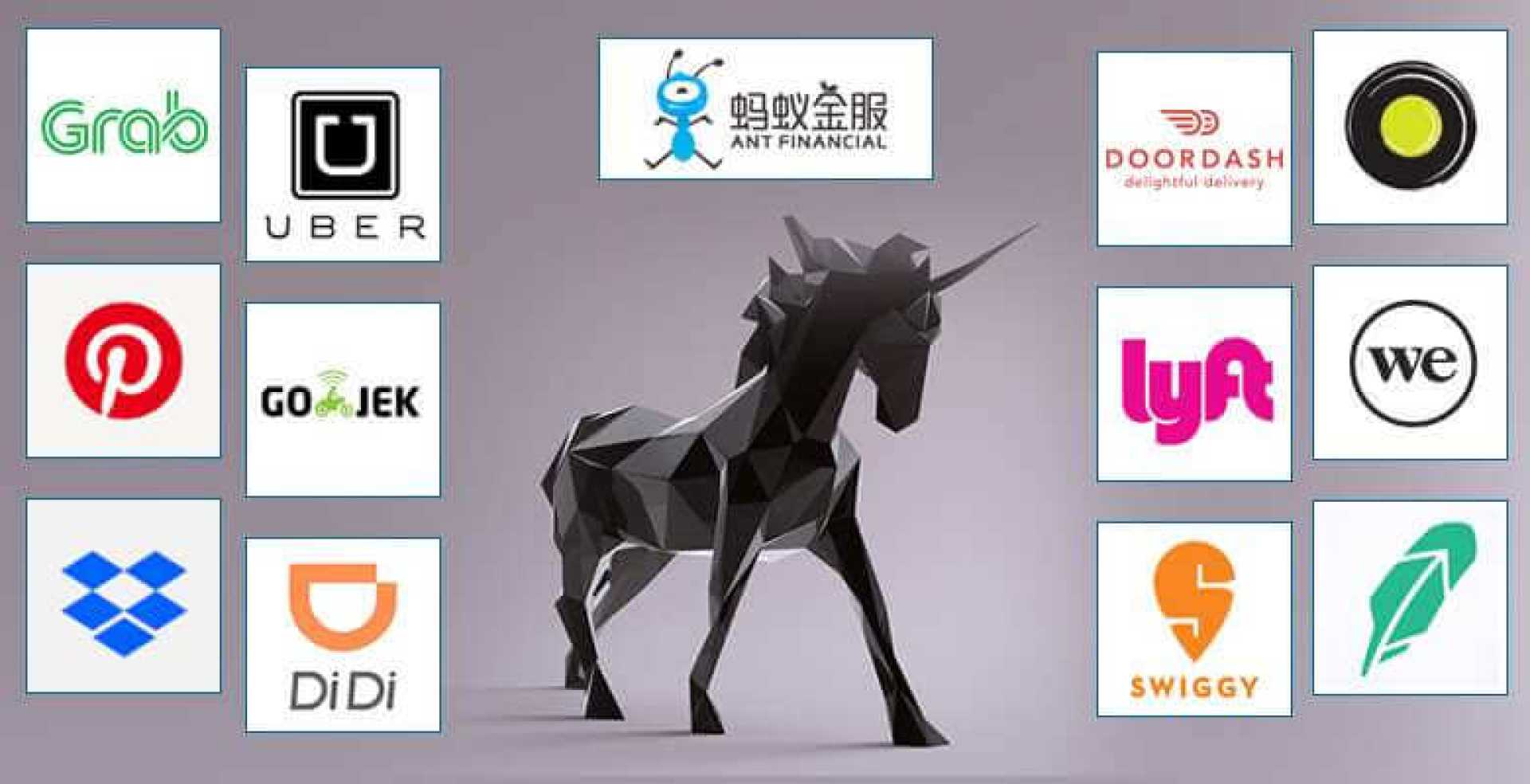Business
Understanding Unicorn Startups: The Allure and Risks Explored

San Francisco, CA – The term “unicorn” refers to a privately held startup company valued at over $1 billion. Coined by venture capitalist Aileen Lee in the early 2010s, the term highlights the rarity of such companies in the startup ecosystem.
Unicorns typically emerge from sectors such as technology, where substantial capital is needed to bring innovative products to market. Despite their high valuations, many unicorns rely on hype and investor expectations rather than solid financial performance.
Lee notes that while startups are often created by talented and driven individuals, very few will ever achieve unicorn status. “The vast majority of companies that are venture-funded don’t actually reach that level of valuation,” she stated, indicating the challenge of navigating the competitive landscape.
The number of unicorns has fluctuated in recent years; in 2021, over 500 new unicorns emerged but dropped significantly to roughly 70 by 2023. Despite this decline, there are still approximately 1,200 to 1,400 unicorns worldwide, collectively valued at over $3.88 trillion.
Some of the most recognized unicorns include Uber, Airbnb, and SpaceX, while others like Theranos became infamous for their dramatic fall from grace after failing to deliver on their promises. This demonstrates the volatility and risks associated with investing in unicorns.
Nuro, an autonomous vehicle company, is one rising unicorn that gained notable attention after its valuation hit $8.6 billion by 2022. Furthermore, grocery delivery service Instacart recently went public, experiencing a remarkable share price increase after its IPO.
As the landscape for unicorns continues to evolve, investors remain cautious, often recalling the lessons learned from past technology bubbles. The term unicorn has extended beyond startups to describe the elusive qualities sought in ideal job candidates, illustrating the broad impact of the concept on both business and recruitment practices.












